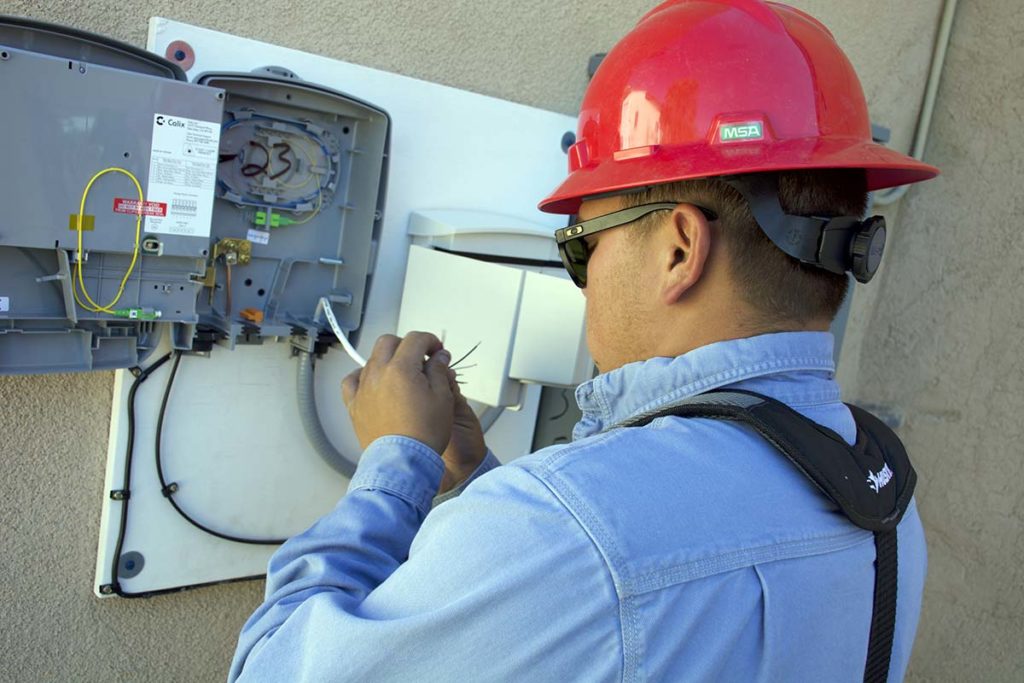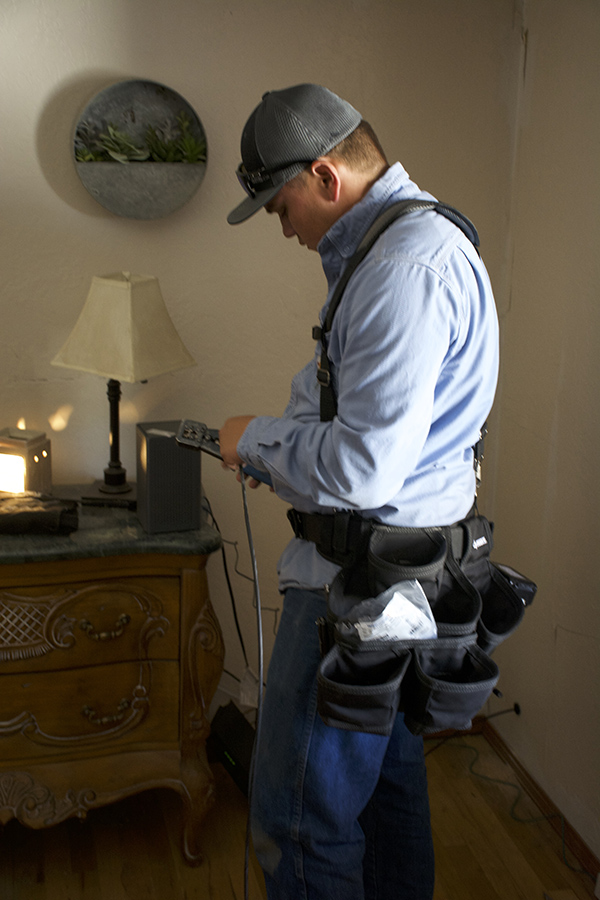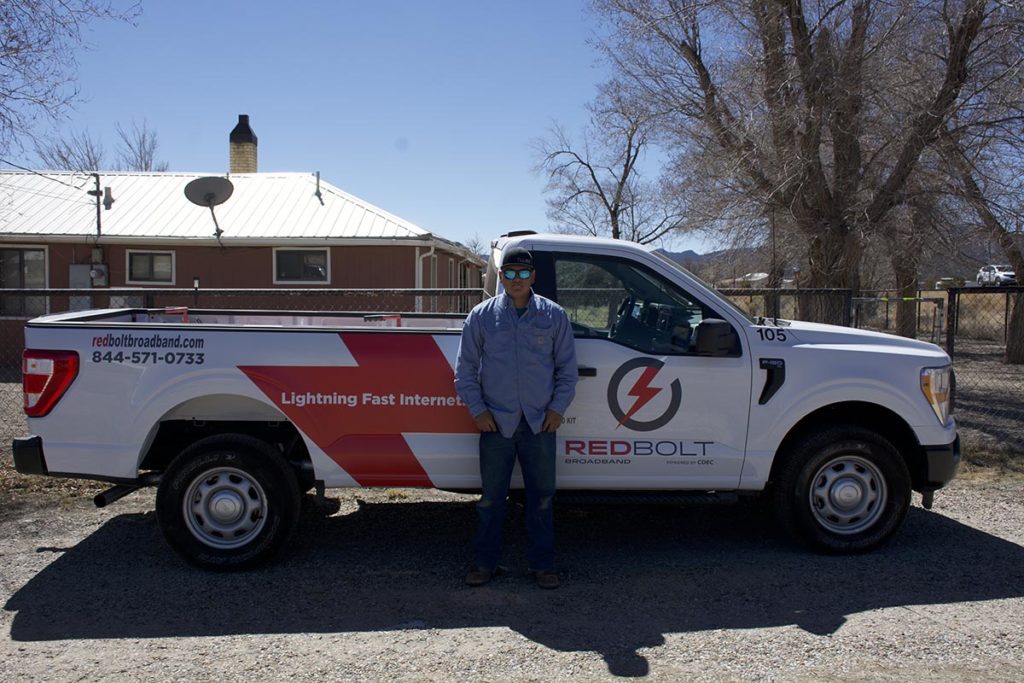
An electric cooperative is working to make high-speed internet service available to every family living on the Zuni reservation in New Mexico by this summer.
“Today’s digital divide will be permanently bridged with modern fiber-optic technology to virtually every Zuni residence,” said Robert Castillo, CEO of Continental Divide Electric Cooperative. The reservation is 40 miles south of Gallup and about 75 miles west of Grants, where the co-op is headquartered.
CDEC’s Red Bolt Broadband unit is working with the tribal government to expand broadband infrastructure into population centers accounting for 2,200 households in two counties located within the 723-square-mile reservation, east of the Arizona state line.

Funding for the project is a mix of state, tribal and co-op money. The lion’s share of construction money—$3.3 million—comes from New Mexico’s Universal Service Fund through a competitive grant awarded by the state’s Public Regulation Commission. CDEC is funding the balance. The Zuni tribal government is picking up the cost of each end user’s service with money it was awarded through last year’s American Rescue Plan Act.
The project expands on work previously done with the Federal Communication Commission’s Universal Service Fund, which extended high-speed internet service to the reservation’s libraries and schools in 2020.
The co-op has already developed the backbone for broadband expansion by utilizing communications lines serving the supervisory control and data acquisition system along its electric transmission and distribution lines.
“We expect to be able to connect as many as 500 homes a month,” said William Dixon, the co-op’s telecommunications manager. “We’ve been working on this series of projects for so long that we’ve got relationships with material vendors and construction contractors who’ve tentatively committed to work with us, and we’re firming up those agreements now.”
In addition to enhancing distance-learning opportunities for students living on the reservation, high-speed internet will also improve remote work and entertainment options for residents and will open e-commerce opportunities for Zuni artists and crafters.
“Despite our remote location, the rural community of Zuni will soon have broadband infrastructure and service on par with the best in the nation,” said Zuni Gov. Val Panteah Sr.

The co-op’s contract with the tribe calls for delivery of 1-gigabit broadband service for three years at bulk rates and no costs passed on to tribal members.
“We believe it is exactly the kind of project and use of federal funds contemplated by ARPA,” Panteah said.
While the Zunis are the first CDEC members to benefit from internet infrastructure funding under ARPA, the co-op is working on other broadband expansion opportunities.
An application for a nearly $38 million grant from the FCC’s Rural Digital Opportunity Fund could lead to funding for buildout of the communications network serving the majority of the co-op’s 18,000 members.
“Many of the projects we’re pursuing build on the fiber-optic communications technology we began deploying in 2017,” said Dixon. “It’s providing real-time data and information to our headquarters from our substations and improving communications service to public facilities. Within a few months, it will bring modern high-speed communications to our members in Zuni.”
Derrill Holly is a staff writer for NRECA.